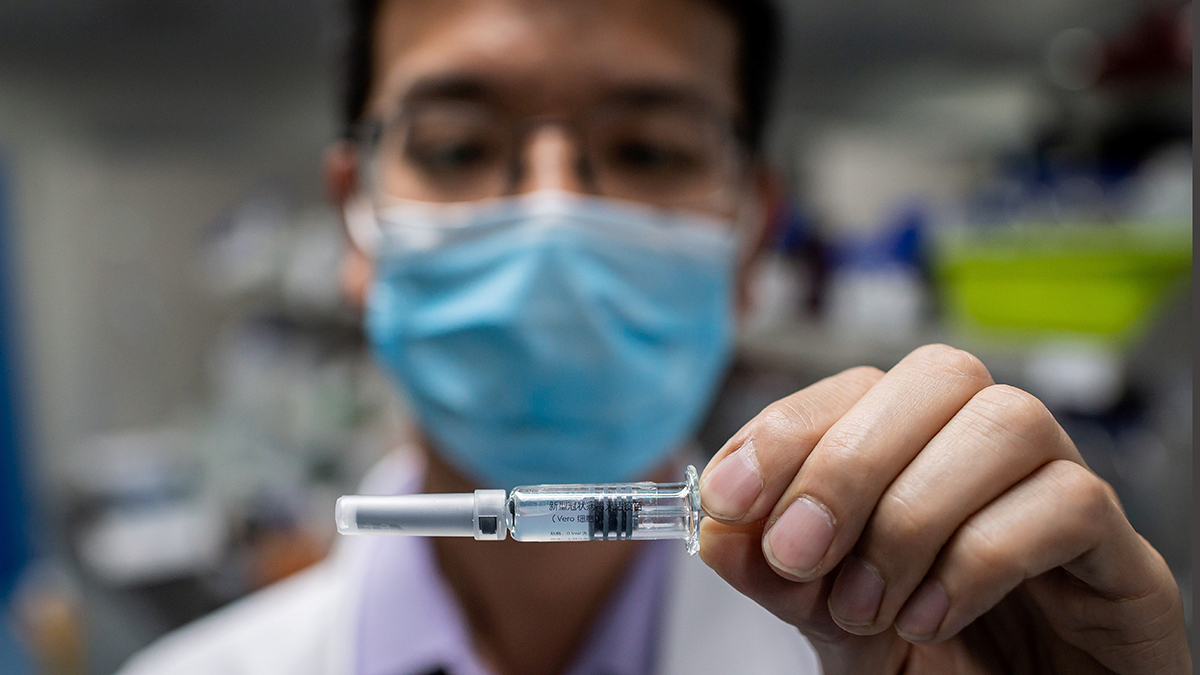SARAH SHARPE WRITES – The race to create the first coronavirus vaccine has begun. Both the United States and China have allocated billions of dollars to vaccine production in an attempt to “fast-track” the process. For China, this could bring international redemption and legitimacy. Already, over half of the human clinical trials for coronavirus vaccines have been performed in China. Additionally, Australia and England have initiated vaccine research. Such strong initiatives provide hope to those countries most heavily affected by the virus.
Although a vaccine could help create immunity in those who receive it, this is not a catch-all or cure-all for the disease. Its creation could actually bring a slew of problems. Inevitably, a virus will mutate over time. So those who have previously developed immunity, whether by disease or vaccination, could again become ill. According to the Los Alamos National Laboratory, with assistance from researchers at Duke University and the University of Sheffield in England, at least 14 strains of the virus have been discovered, and newer ones are potentially even more contagious.
In addition, there is growing pushback against vaccination. Anti-vaccine activists within the United States have been protesting a program of mass vaccination. They point instead to the concept of herd immunity, the method by which populations may also gain immunity through mass infection, in addition to vaccination, as was the case with tuberculosis and smallpox epidemics in the U.S.
This opposition comes as no surprise. The anti-vaccination community in the U.S. has continually grown. Approximately 43% of Americans opt-out of receiving an influenza shot each year. If this type of trend follows in response to a coronavirus vaccine, it will inevitably be more challenging to achieve herd immunity.
I was curious as to how many of my friends and family in the U.S. would opt for vaccination, so I posted an Instagram poll within my own community. Of my 602 followers, 96 answered. 70 said ‘yes’ to vaccination, and only 26 said ‘no’. Of course, this is a small, uncontrolled sampling with many variables.
As multiple countries conduct human trials for potential vaccines, the battle between individual liberties and public health continues, and may continue, even on that hoped for day when — and if — a vaccine is found.

